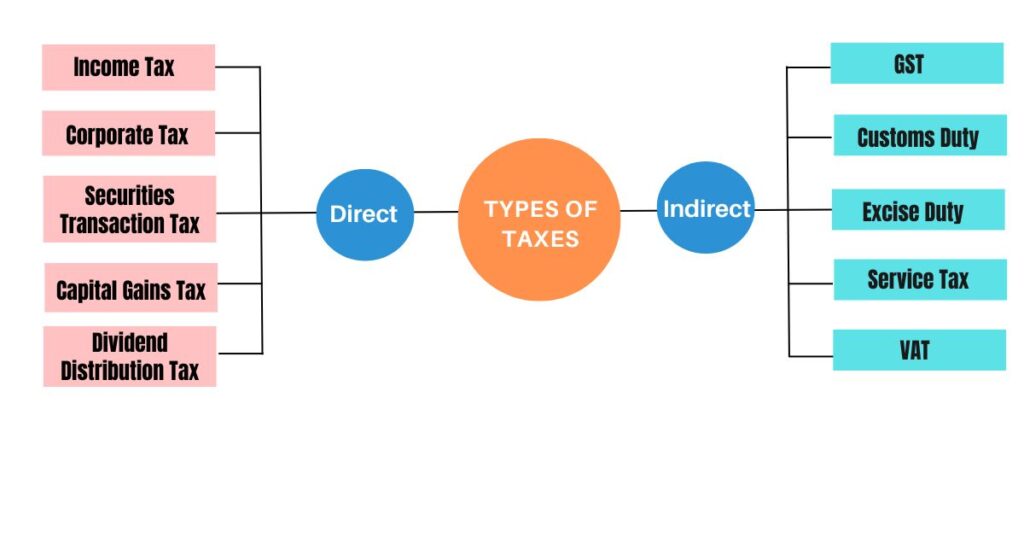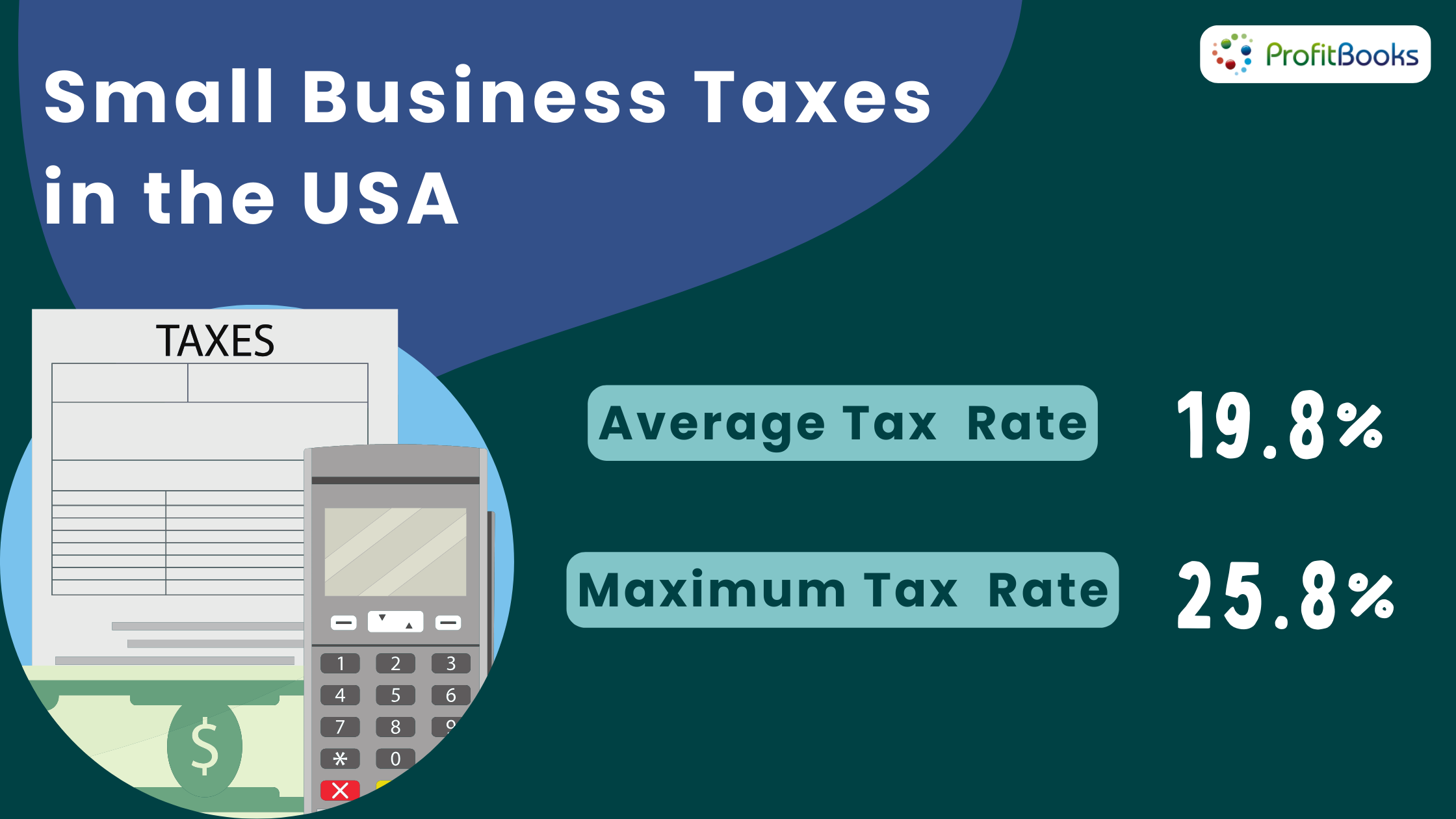Navigating U.S. tax laws can be a daunting task for small business owners, especially with constantly changing regulations and complex rules. However, understanding the basics is crucial for maintaining compliance and maximizing potential tax benefits. This guide will help you get a handle on key tax requirements and strategies for your business.
1. Types of Taxes Small Businesses Must Pay
Small businesses in the U.S. are subject to several types of taxes, depending on their structure and location. The most common ones include:

- Income Tax: All businesses, except partnerships, must file an annual income tax return. Partnerships file an information return, but each partner pays income tax based on their share of profits.
- Self-Employment Tax: If you operate a sole proprietorship or partnership, you are responsible for paying self-employment taxes, which cover Social Security and Medicare.
- Employment Taxes: If you have employees, you’re responsible for paying Social Security and Medicare taxes, as well as withholding federal income tax from your employees’ paychecks. Unemployment taxes may also apply.
- Sales Tax: Businesses that sell goods (and some services) may be required to collect state and local sales taxes from customers and remit them to the appropriate tax authority.
- Excise Taxes: Certain industries, such as transportation, manufacturing, and communications, are subject to excise taxes. These taxes apply to specific goods and activities like fuel, alcohol, or heavy vehicle usage.
2. Choosing the Right Business Structure for Tax Purposes
Your business structure plays a critical role in determining how taxes are applied. Each structure has different tax implications:

- Sole Proprietorship: Income is reported on the owner’s tax return, and the owner pays self-employment tax on the business income.
- Partnership: Income is passed through to partners, and each partner reports their share on their tax return.
- Corporation (C-Corp): The business is taxed separately from its owners. Profits are taxed at the corporate level, and any dividends paid to shareholders are taxed again on personal returns, leading to “double taxation.”
- S Corporation (S-Corp): Income is passed through to shareholders, avoiding double taxation, but shareholders must still pay self-employment tax.
- Limited Liability Company (LLC): LLCs can choose to be taxed as a sole proprietorship, partnership, or corporation, depending on what works best for the business. The flexibility makes LLCs a popular choice.
3. Understanding Deductions and Credits
One of the advantages of being a business owner is access to a range of deductions and tax credits that can lower your tax liability:

- Business Expenses: You can deduct ordinary and necessary expenses, such as rent, utilities, supplies, and salaries. Keep thorough records to substantiate these deductions.
- Home Office Deduction: If you work from home and use a dedicated space exclusively for business, you may be eligible for the home office deduction, allowing you to write off a portion of your rent, utilities, and other home-related costs.
- Section 179 Deduction: This provision allows businesses to deduct the full purchase price of qualifying equipment or software purchased during the year, rather than depreciating the cost over several years.
- Qualified Business Income Deduction: Small business owners may qualify for a deduction of up to 20% of their qualified business income, available for pass-through entities like sole proprietorships, partnerships, and S-Corps.
- Research and Development (R&D) Tax Credit: If your business invests in innovation or product development, you may be eligible for R&D credits, which can significantly reduce your tax bill.
4. Filing Requirements and Important Deadlines
Staying on top of filing deadlines is essential to avoid penalties. Here are some key tax deadlines for small businesses:

- Quarterly Estimated Taxes: If you expect to owe more than $1,000 in taxes, you are required to pay estimated taxes quarterly (April 15, June 15, September 15, and January 15).
- Annual Income Tax Filing: The due date for filing annual returns depends on your business structure. For sole proprietorships and single-member LLCs, the deadline is typically April 15. For C-Corps, the deadline is usually April 15 (for calendar-year corporations), or the 15th day of the fourth month following the end of the fiscal year for fiscal-year corporations.
- Employment Tax Deposits: If you have employees, you need to deposit employment taxes regularly (monthly or semi-weekly) and file quarterly returns (Form 941).
5. Hiring a Tax Professional
Small business tax laws can be overwhelming, and making mistakes can lead to costly penalties. Hiring a tax professional or accountant who specializes in small businesses can help ensure compliance and identify opportunities to save on taxes. They can assist with:

- Tax Planning: Proactively structuring your finances and taking advantage of deductions and credits to minimize your tax liability.
- Filing Assistance: Ensuring your returns are accurate and submitted on time.
- Audit Representation: If your business is ever audited, a tax professional can represent you before the IRS and help resolve any issues.
6. Keeping Good Records
The IRS requires businesses to keep accurate records of all income, expenses, and other tax-related documents for at least three years. Good recordkeeping ensures:

- Accurate tax filings
- Preparedness for potential audits
- The ability to track deductions and credits
Invest in reliable accounting software, or work with a bookkeeper to keep your financials in order.
Conclusion
Understanding U.S. tax laws is essential for the success of your small business. By choosing the right business structure, staying aware of deductions and credits, meeting filing deadlines, and maintaining accurate records, you can minimize your tax burden and stay compliant. Consulting with a tax professional can further ease the process and ensure that your business stays on the right track.
With this guide, you’ll be better prepared to navigate the complexities of U.S. tax laws and focus on growing your business!

